The first page of audited financial statements is the auditor’s report. This is an important part of the financials that shouldn’t be overlooked. It contains the audit opinion, which indicates whether the financial statements are fairly presented in all material respects, compliant with Generally Accepted Accounting Principles (GAAP) and free from material misstatement.
In general, there are four types of audit opinions, ranked from most to least desirable.
1. Unqualified. A clean “unqualified” opinion is the most common (and desirable). Here, the auditor states that the company’s financial condition, position and operations are fairly presented in the financial statements.
2. Qualified. The auditor expresses a qualified opinion if the financial statements appear to contain a small deviation from GAAP but are otherwise fairly presented. To illustrate: An auditor will “qualify” his or her opinion if a borrower incorrectly estimates the reserve for a contingency, but the exception doesn’t affect the rest of the financial statements.
Qualified opinions are also given if the company’s management limits the scope of audit procedures. For example, a qualified opinion may have resulted if you denied the auditor access to year-end inventory counts due to safety concerns during the COVID-19 pandemic.
3. Adverse. When an auditor issues an adverse opinion, there are material exceptions to GAAP that affect the financial statements as a whole. Here, the auditor indicates that the financial statements aren’t presented fairly. Typically, an adverse opinion letter outlines these exceptions.
4. Disclaimer. Even more alarming to lenders and investors is a disclaimer opinion. Disclaimers occur when an auditor gives up in the middle of an audit. Reasons for disclaimers may include significant scope limitations, material doubt about the company’s going-concern status and uncertainties within the subject company itself. A disclaimer opinion letter briefly outlines the auditor’s reasons for throwing in the towel.
Beyond the opinion
Auditors’ reports for public companies also must include a discussion of so-called “critical audit matters” (CAMs). Essentially, these are the most complicated issues that arose during the audit. CAMs are specific to the engagement and the year of the audit. As a result, they’re expected to change from year to year.
This requirement represents a major change to the pass-fail audit opinions that have been in place for decades. It’s intended to give stakeholders greater insight into the company’s disclosures and the auditor’s work when issuing an unqualified opinion. Contact us for more information on audit opinions.
© 2022



